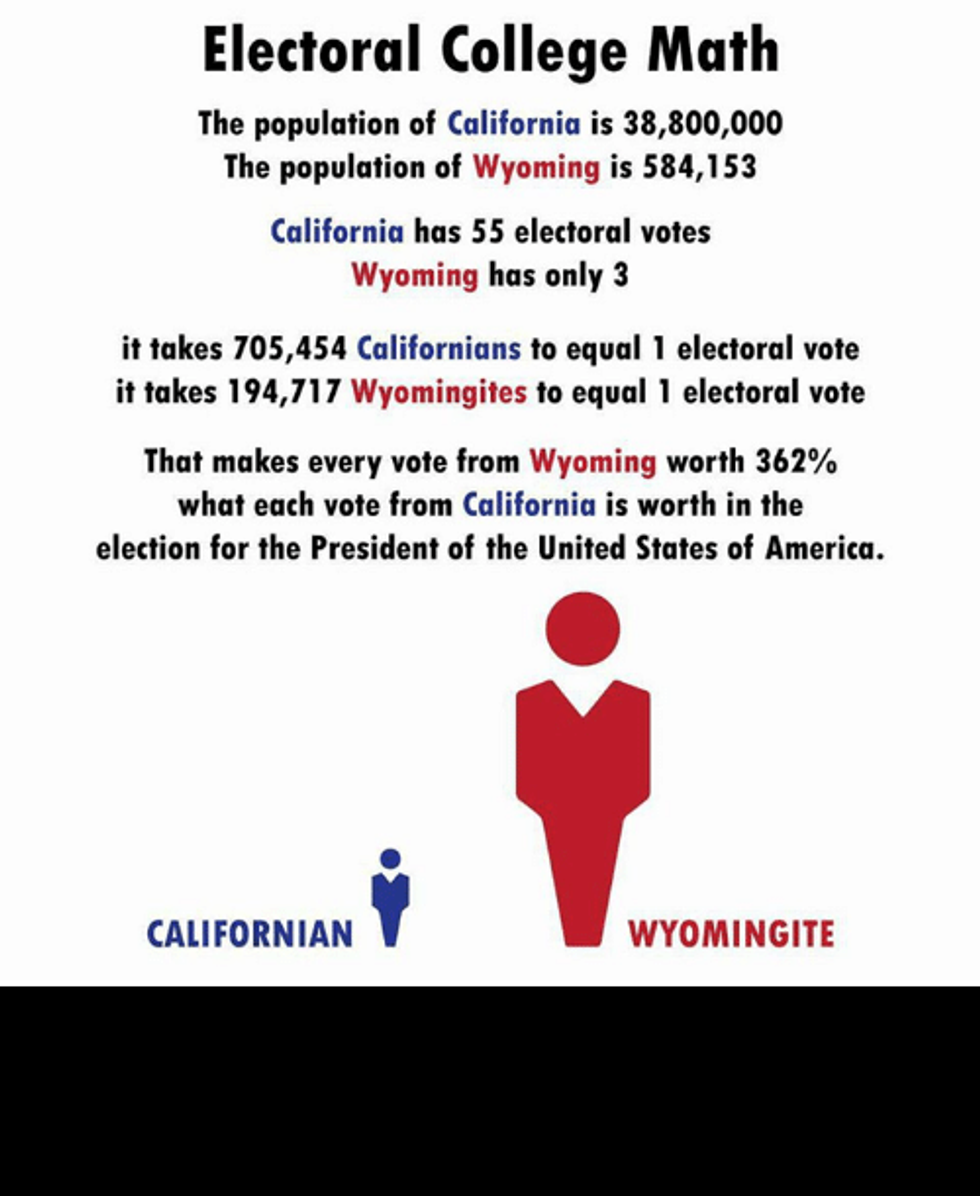Last week, I received a comment on one of my Facebook posts about the election results. This person essentially told me that "the election is over so stop talking about it." In attempting to formulate a response, I considered the following question: why are we still talking about the election? I decided that, since I have seen more than this one person complaining about their Facebook friends posting about politics post-election, I would explain why the election cycle and politics, in general, are still relevant, even though the voting has passed.
Throughout the election cycle, one could not go on social media without seeing hundreds of tweets, posts, and reblogs about the 2016 presidential election. However, after November 8, the internet largely went back to cat videos and frog memes. (Not that either of those is bad, of course). However, even though the actual election is over, politics are still incredibly relevant in the day-to-day lives of American citizens. This election revealed a lot of fallacies within our government that aren't going to magically disappear just because there is someone else sitting in the Oval Office. Many things this election didn't go the way they would have had the United States government been working the way it was intended to, and they're not going to stop failing just because the election is over. One of these failed measures is none other than the electoral college.
Almost everyone has heard of the Electoral College, but a lot of people are unsure as to exactly what it is and how it works. Each state receives a certain number of electoral votes which are used to decide who the president-elect will be. The Electoral College then place their votes and determine who the president-elect truly will be. The framers intended the Electoral College to ensure that "the office of president will never fall to the lot of any man who is not in an eminent degree endowed with the requisite qualifications" (Hamilton). Donald Trump is one of the most (if not the most) unqualified person to ever run for the office of POTUS. He has never worked in government before, and being the CEO of a business is very different from being in charge of a country. Therefore, the Electoral College did the exact opposite of what it was intended to do. Hillary Clinton, who has 30+ years of experience working in government, lost the election to Donald Trump, who has no experience whatsoever.
So now we ask ourselves, why did this happen? How can one candidate win the popular vote, but another win the presidency? The answer is more simple than one might think. The Electoral College provides some people with a more "valuable" vote than others. For example, take a look at this graphic explaining how a person living in Wyoming's vote is worth three times the vote of someone living in California.
So this leads us back to the original question: why is this important? Why are the election and its results still relevant two months later? Because the Electoral College is just one of the many problems that arose in the 2016 presidential election. These aren't problems that will go away if we ignore them. They're problems that will continue to be problems until we address them. Not only this, but the results of this election are particularly concerning to minorities. Until we address these problems, we will never be able to fix them.
Works Cited
Badger, Emily. "As American as Apple Pie? The Rural Vote’s Disproportionate Slice of Power." The New York Times. The New York Times, 20 Nov. 2016. Web. 06 Jan. 2017.
Hamilton, Alexander. "The Avalon Project: Federalist No 68." Federalist No 68. Yale Law School, n.d. Web. 06 Jan. 2017.

































